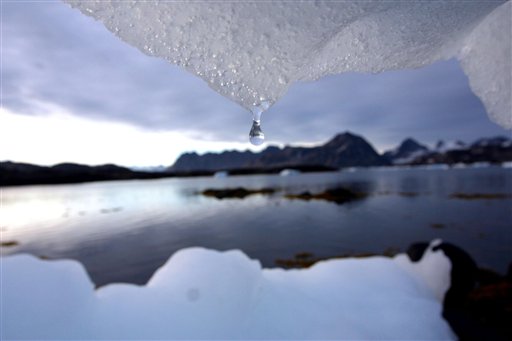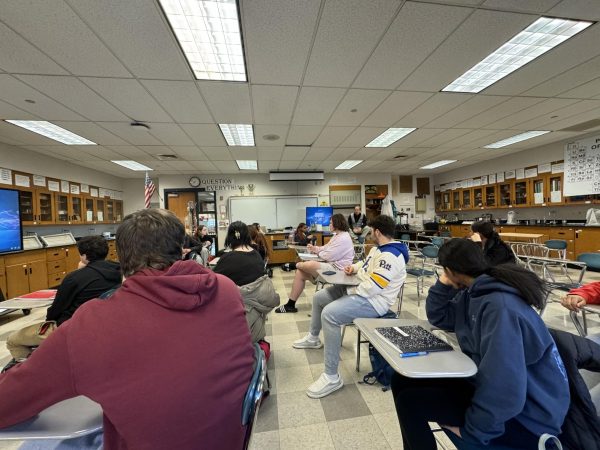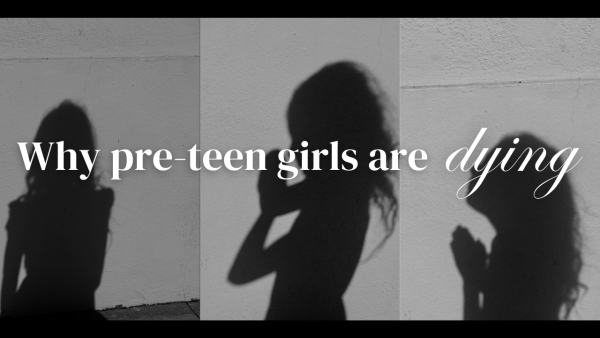EDITORIAL: Climate change more immediate than many realize

** FILE ** An iceberg melts in Kulusuk, Greenland near the arctic circle Tuesday Aug, 16, 2005. Unchecked global warming will devastate the world economy on the scale of the world wars and the Great Depression, a British government report said Monday Oct 30 2006, as the country launched a bid to convince doubters that environmentalism and economic growth can coincide. Sir Nicholas Stern, the senior government economist who wrote the report, said that acting now to cut greenhouse gas emissions would cost about 1 percent of global GDP each year. (AP Photo/John McConnico)
A new climate change report threatens serious danger in the next twelve years if this reality is not handled. The Intergovernmental Panel on Climate Change (IPCC) released a report on Monday, warning that if global warming rises over 1.5C, the chance of droughts, floods, and poverty will rise as well. The report states that limiting global warming to 1.5C versus 2C or more, would have an extreme positive impact, as every little bit of warming matters.
Although this has been an issue long before October 8th, many people have ignored this threat for far too long. People do not understand the weight of global warming and it can take a major toll on earth. We are taught in school the definitions of global warming and the greenhouse effect, and how we can improve global warming in simple ways. Unfortunately, it seems like that should have been taught in school before it was as threatening as it is now. If people were reducing, reusing, and recycling several decades ago, we would not be in this situation.
According to NASA, the planet’s average surface temperature has risen about 1.62 degrees Fahrenheit (0.9 degrees Celsius) since the late 19th century, a change driven largely by increased carbon dioxide and other human-made emissions into the atmosphere. Most of the warming occurred in the past 35 years, with the five warmest years on record taking place since 2010.
People do not always connect global warming to extreme weather, but we are already seeing dangerous effects. There have been shattering hurricanes that have hit the US; extreme droughts and forest fires have also reached new levels of danger.
The NRDC states that In 2015, for example, scientists said that an ongoing drought in California—the state’s worst water shortage in 1,200 years—had been intensified by 15 percent to 20 percent by global warming. They also said the odds of similar droughts happening in the future had roughly doubled over the past century. And in 2016, the National Academies of Science, Engineering, and Medicine announced that it’s now possible to confidently attribute certain weather events, like some heat waves, directly to climate change.
Part of the generation that let this go on do not even believe in global warming, hence the little urgency they’ve had. Now it is up to the younger generations to clean up the mess. In twelve years, by 2030, the current teens of the US will be finding a stable career and starting the rest of their lives, but what is all of the schooling and work for if by that time the world as we know it takes a turn for the worse. In school the past couple of days, many students have shown concern and stress about the situation that until now, had not been fully brought to our attention. The fear of the fate of our future being in our hands is entirely too real. We have been told recently that if we want change we have to voice our thoughts and opinions, but now we are in charge of not only changing, but fixing this catastrophic mistake in order to have a future.
It is hard to imagine that something that has been ignored and put aside for so long can now be life threatening, and it will be difficult for people to take action on their own. There are already actions that are ongoing to limit global warming, but they need to be increased and spread everywhere.
If you want to help limit global warming and make sure it doesn’t rise over 1.5C, here are some everyday things you can do to make a difference.
Reduce, Reuse, and Recycle: Recycling bottles or cardboard in your house is a great start. You can also buy reusable straws to limit plastic that ends up in landfills.
Use less heat and air conditioning: Turning the heat down or the air up a few degrees before you go to sleep or when leaving the house makes a difference.
Change a light bulb: Replacing regular light bulbs with LED light bulbs is easy. LED light bulbs last longer as well.
Lights off: Turning a light off when leaving a room not only saves energy, but the environment too.
Spread the word: The more people that take these small steps to conserve, the more it will actually save our environment and limit global warming effectively.











